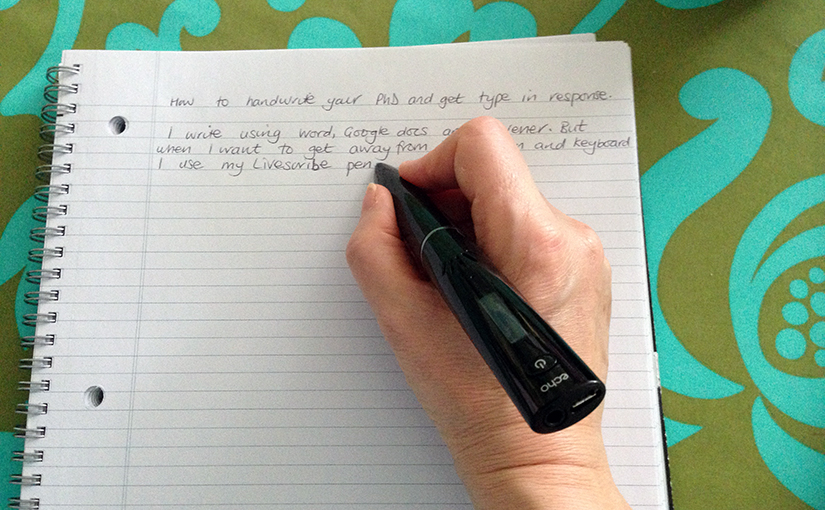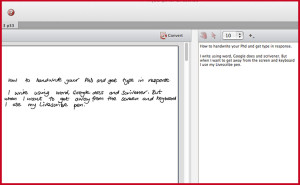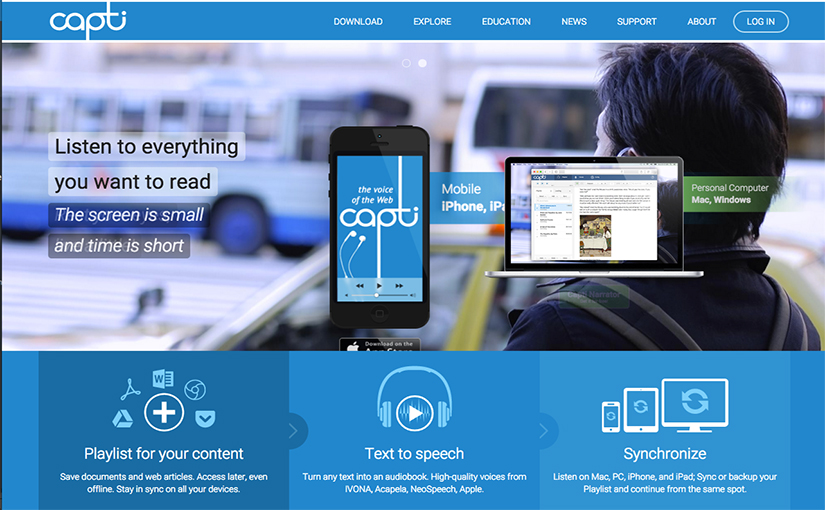Based on another useful post from GradHacker. My comments in italic
A list of due dates help you to keep on track. Break the reading and writing down, set dates and note how you keep to them. I suggest that you agree dates to send new texts to your supervisor. Be proactive about this – do not wait for your supervisor to set dates.
@GradHacker notes that you might not keep all the deadlines. Good point, however, PhD researcher, Know Thyself! If you have to keep adjusting them back, then take note of that and make a more realistic schedule. Or add more writing and reading times into your week in order to meet the deadlines.
Set early deadlines, this allows you to move things around without throwing off your schedule. Or to take some time out. No supervisor is ever upset about getting some text early! Just don’t expect the return of that ext to be sooner than previously agreed.
@GradHacker reminds you to Communicate with your committee/supervisor about your writing, the smoother your editing stages will go. The sooner the better. I expect researchers to this from the start of their PhD and make it a habit.
Do rough chapter outlines. Sit with your advisor with just a rough outline of the chapter and find out if it works. I ask you to develop an outline of your thesis early in year one. I suggest you develop chapter structures using bullet points based on this. It is a ‘living’ document that changes over time and is useful to take to supervisory meetings from time to time and revisit.
@GradHacker advises Get others to read your writing. Send drafts to anyone willing to read them. It will also help prevent situations where you have to rewrite entire chapters. I recommend that you find a writing buddy this year and stick with them. Read one another’s writing. Join AcWriMo and take part very year. Don’t wait to send the ‘perfect’ version to your supervisor.
@GradHacker Love feedback, loath feedback: know yourself and get the timing right. There may be times when you don’t need actual criticism, and instead just need to write. If you struggle after receiving negative feedback on a chapter and it hurts your productivity decide how often to ask for feedback. BUT keep writing and don’t always avid feedback because it’s essential if you are to improve your reasoning and writing. If you need someone to say “yay, good job!” find someone to say that to you. I would add, “Tell your supervisor you’d like to focus on something other than critical feedback for the specified meeting and offer an agenda.” Talk about method, reading, whatever, but give them a heads up in advance via email.
@GradHacker What kind of writing does your supervisor expect? One reason you need feedback, and should start with rough chapter structures, is to ask your supervisor what expectations they have for your chapters, and your project: what kinds of sources, how footnotes get used, the structure of chapters, how they feel about headings, and more. I would add: don’t just go empty-handed and ask loads of broad questions, take a chapter plan and start the conversation that way.
@GradHacker Learn when to stand your ground and when to take advice. At the end of the day, this is your work. Stand up for what you think is important, for what you want to say. It might be impossible to please everyone on your qualifying panel/committee.
I also note that it might demotivate you to drop something you feel passionately about. Think through the ‘deal breakers’ for you and your PhD research (and note that these often change over time!) In cases of conflict make some notes about why a disputed area is important, or why you think is is not important. Argue your case through in writing, to yourself, and see how you feel afterwards. Then decide whether or not to stand your ground or let it go.
@GradHacker wisely reminds you to Take time off when you need it. As Katy Meyers mentioned in her post, taking time off is important to personal happiness, and you should do so as guilt free as possible. Dissertations take time, and you will need to take breaks and recharge at some point.
There will be times where you have to focus your energies elsewhere: teaching, the job market, writing publishable articles, sitting on committees, taking care of your family, watching cartoons. It is important to understand that short breaks in writing will happen, and you can take those breaks without feeling guilty.


